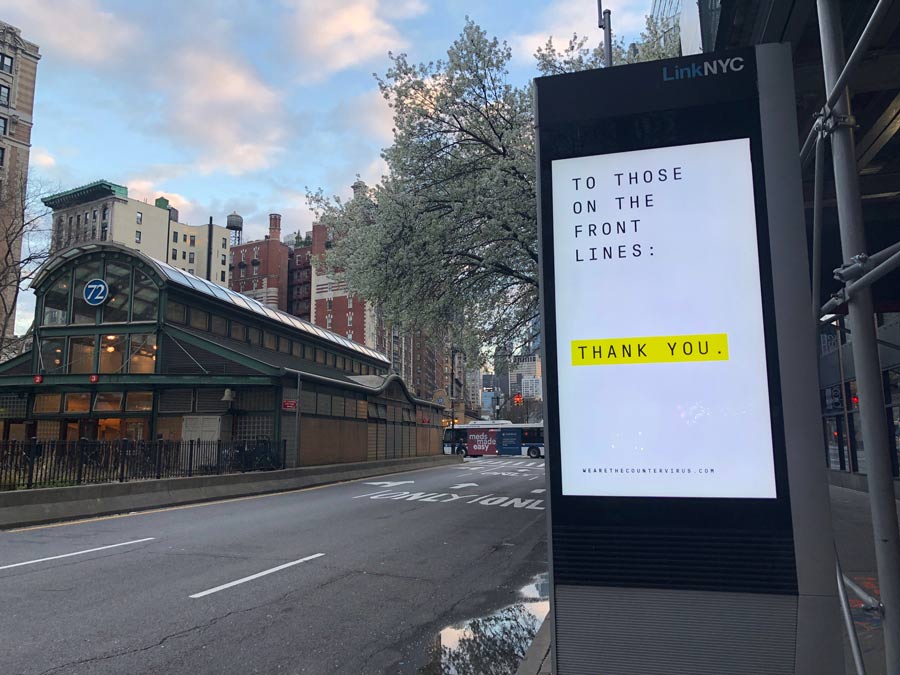The present epoch is a crucible, wherein the mettle of healthcare professionals is tested in ways previously unimagined. Their indefatigable spirit in the face of adversity mirrors the unwavering resolve espoused in the teachings of the Baha’i Faith. Recognizing the valor of doctors and nurses—those noble sentinels stationed at the vanguard of health and healing—entails a necessary examination of how Baha’i principles can elucidate and elevate our societal reverence for their contributions.
At the heart of Baha’i philosophy lies a profound appreciation for the sanctity of human life. The teachings implore adherents to nurture a spirit of altruism, emphasizing a collective responsibility towards the well-being of others. In times of crisis, as exemplified by the global pandemic, this call for service to humanity becomes particularly salient. The Baha’i ethos instructs individuals to act not only with kindness but also with a sense of urgency and purpose. Here, we explore various dimensions through which these ideologies furnish a framework for comprehending and supporting the medical professionals in their Herculean tasks.
The Nature of Service in the Baha’i Context
Service is a cornerstone of Baha’i practice. The notion of service extends beyond mere acts of kindness; it encompasses a holistic commitment to the betterment of society. Doctors and nurses epitomize this virtue, dedicating their lives to the preservation and restoration of health. Their work, a manifestation of selflessness, echoes the Baha’i maxim that “Service to humanity is the service to God.” It demonstrates a divinely ordained duty to safeguard the sanctity of life. When we recognize healthcare professionals not merely as workers, but as guardians of human dignity, we foster a culture of respect and appreciation.
Promoting Unity and Support
The Baha’i teachings espouse the unity of mankind, a principle that is particularly crucial in the current landscape of individualism and societal discord. Support for our healthcare heroes transcends personal gratitude and should galvanize communities. This collective spirit of unity encourages individuals to band together in solidarity, recognizing that their struggles are entwined with the greater human experience. Initiatives ranging from community-based healthcare support programs to public acknowledgment ceremonies reflect this collective valorization. In nurturing these communal engagements, a more resilient framework emerges for supporting those who serve on the front lines.
Empathy: A Pillar of Connection
Empathy is a transformative force, facilitating a profound connection between caregivers and the communities they serve. Baha’i teachings advocate for the cultivation of empathy as a vital attribute, urging individuals to undertake active steps in understanding the experiences and challenges faced by healthcare professionals. The act of listening—not just hearing—serves as an avenue for healing both for the caregiver and the cared for. It fosters an environment where nurses and doctors feel valued and understood. Simple gestures, such as words of encouragement or acknowledging their sacrifices, can lift spirits and fortify resolve in a profession often fraught with emotional and physical demands.
Resilience and the Pursuit of Knowledge
In alignment with Baha’i principles, the pursuit of knowledge is essential for the evolution of both individuals and communities. The medical field, characterized by rapid advancements, exemplifies the necessity for continuous learning and adaptation. Supporting nurses and doctors involves advocating for educational resources and fostering environments conducive to professional growth. This support does not solely concern academic endeavors; it extends to mental health resources, recognizing the psychological toll of caregiving, especially in high-stress environments. The Baha’i Faith posits that knowledge, when pursued with noble intentions, catalyzes positive societal transformation.
The Art of Gratitude as an Ethos
Gratitude is more than a fleeting feeling; it is an ethos that can permeate organizational culture and societal norms. In honoring healthcare professionals, expressing gratitude acts as a balm against the rigors of their daily trials. It shapes a climate in which the contributions of these individuals are cherished and acknowledged. Initiatives such as the creation of dedicated national observances or local celebrations serve as meaningful manifestations of this gratitude. When communities actively engage in recognizing the efforts of their healthcare providers, it cultivates a richer, more appreciative environment that imparts moral strength and resilience to medical professionals.
Conclusion: A Call to Action
The lessons woven within Baha’i teachings resonate powerfully in our contemporary context, particularly in appreciating the valor of doctors and nurses. By reimagining the role of healthcare professionals through the prism of service, unity, empathy, continuous learning, and gratitude, society can forge a proactive support system that underscores their indispensable contributions. Let us champion their efforts not just in times of crisis, but as a continual tribute to their unwavering accord with the Baha’i command to serve humanity. Elevating our healthcare workers, through acts of recognition and unity, engenders a shared sense of purpose and remembrance for their sacrifices—an enduring legacy that advocates for a more compassionate world.
